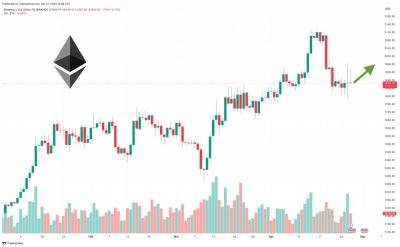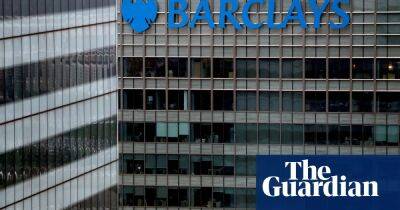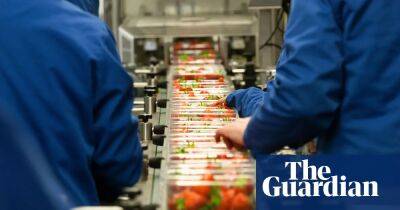Britain once rioted over the price of bread. What would it take for us to confront greedflation today?
T his country’s rate of inflation, the worst in western Europe, is everywhere in most people’s lives: in our anxious shopping and conversations, our late-night fears and fraught pay negotiations, our cancelled or rationed pleasures, and our sense of Britain’s shrinking possibilities. After the pandemic, Brexit, and years of austerity and political chaos, to be experiencing the biggest sustained fall in the national standard of living for over 60 years can feel like the final straw.
Yet in the endless conversations about the price of everything there is a frequent absence. The role of increased profits in the cost of living crisis remains a relatively neglected topic: sporadically raised by leftwing activists, business analysts and economists, occasionally the reason for protests, but largely avoided by the main parties, and seemingly not a consistently important issue for the wider public. Brief periods of anger about profiteering, as happened last year with the energy companies, give way to fatalistic silence.
In some ways, this is a surprise. Over the past decade and a half, as the privatised utilities have provided ever poorer service, reckless banks have required expensive bailouts and executive pay has soared while average wages have stagnated, big business has lost much of the authority it used to enjoy during the Thatcher and Blair eras. To say that corporations are too greedy has become commonplace, on the populist right as well as the left.
And there is more and more evidence that aggressive profit-seeking has contributed significantly to the inflation surge. Research released in March by the trade union Unite showed that for the 350 largest companies listed on the London Stock Exchange, “Profit margins for the
Read more on theguardian.com

















